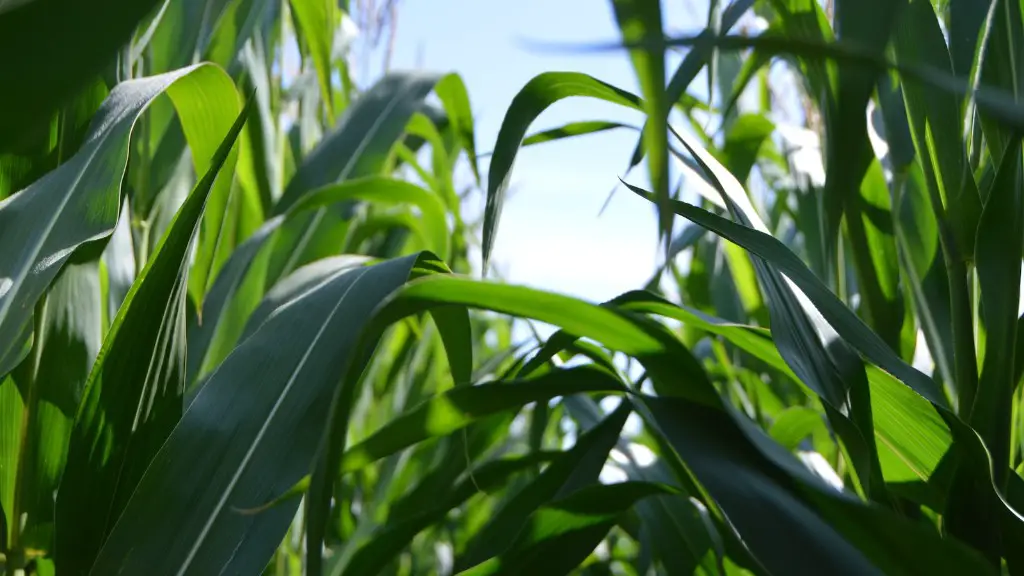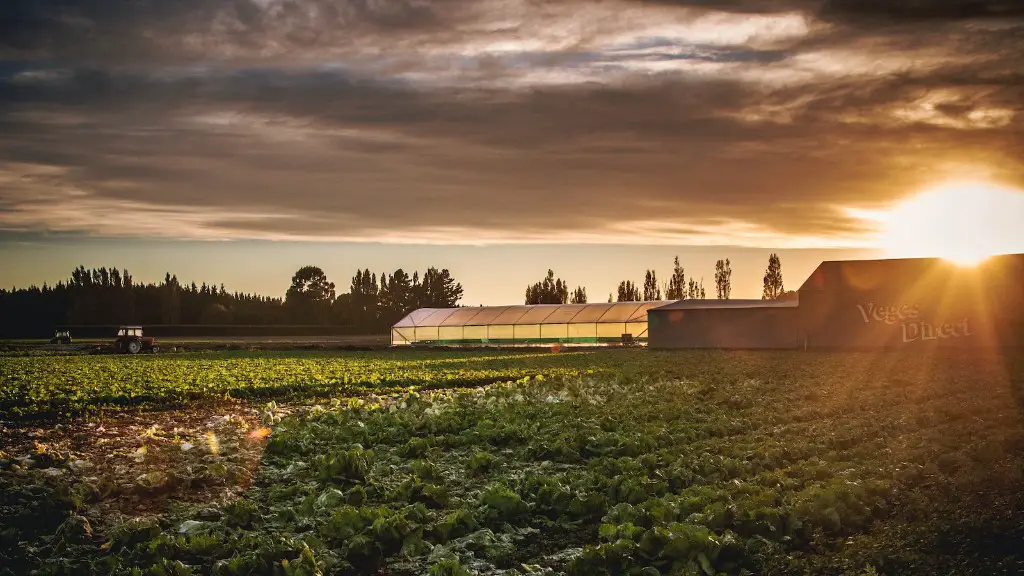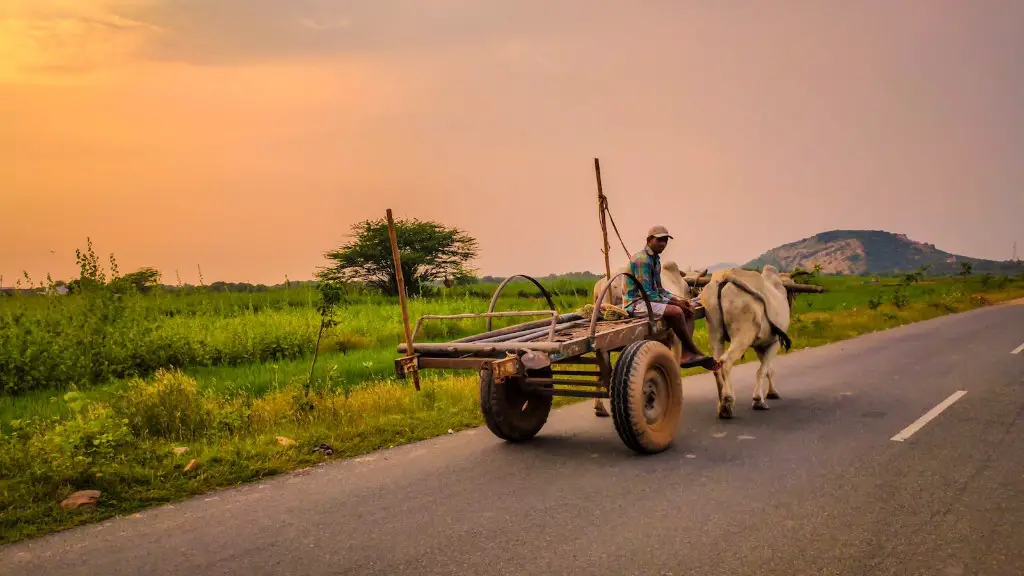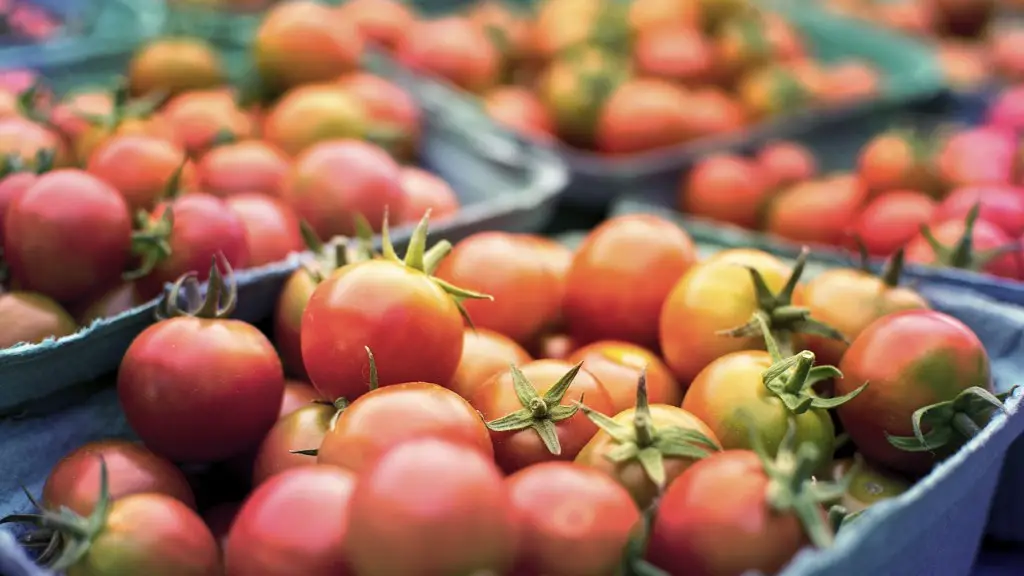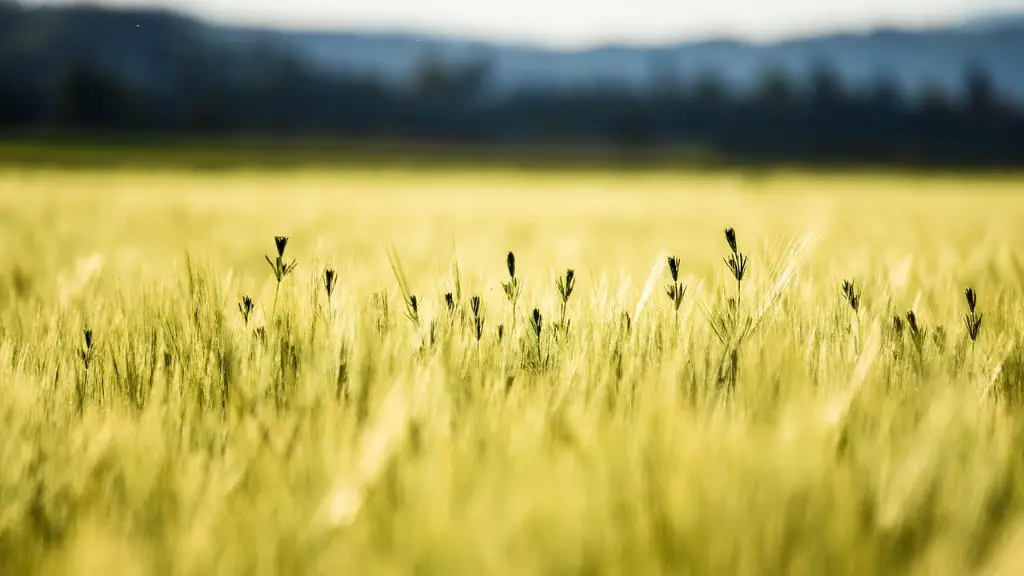Irrigation is essential for agriculture in India because of the country’s climate. India experiences a monsoon climate, which means that there is a wet season and a dry season. During the wet season, the country receives a large amount of rainfall. However, during the dry season, the amount of rainfall decreases significantly. This can be a problem for farmers, as their crops may suffer from drought conditions. Irrigation helps to provide water to the crops during the dry season, ensuring that they continue to grow and thrive.
Irrigation is necessary for agriculture in India because it is a largely arid country with very little rainfall. Without irrigation, crops would not be able to grow and the country would not be able to produce enough food to feed its population.
Why irrigation is needed in Indian agriculture?
Irrigation is important to a country like India because rainfall here is seasonal in nature. It is limited to four months of a year. It is also important because some crops require more water than what it is provided by the rainfall, therefore we have to depend on irrigation.
Irrigation is essential for agriculture in areas with sparse or seasonal rainfall. Irrigation improves crop growth and quality by allowing farmers to grow crops on a consistent schedule. This creates more reliable food supplies and helps to sustain agriculture in areas with irregular precipitation.
Why is irrigation necessary in India explain any three reasons
So it is essential to provide irrigation for production of crops etc, during the rest of the eight months. The monsoons are uncertain. So irrigation is necessary to protect crops from drought as a result of uncertain rainfall. It does not rain equally in all parts of the country.
Without irrigation, many areas would be unable to support agricultural production, leading to widespread hunger and malnutrition. In addition to growing crops, irrigation can also help to sustain landscapes and revegetate disturbed soils. In dry areas, irrigation is essential to prevent drought and famine.
What are 4 reasons for irrigation?
Irrigation is a crucial tool for farmers and gardeners alike. Not only does it help to keep crops healthy and hydrated, but it can also suppress weed growth, prevent soil consolidation, and protect plants from frost damage. In times of below-average rainfall, irrigation can be a lifesaver for farmers and gardeners who rely on their crops for income or food.
The main goal for irrigation is to provide plants with the proper amount of water at the best time. Adequate soil water will influence the entire growth process from seedbed preparation, germination, root growth, nutrient utilization, plant growth and regrowth, yield, and quality.
What is irrigation and why it is necessary?
Irrigation is a process of supplying water to crops, either directly by using pipes or indirectly by using natural resources such as rainfall. It helps to cultivate superior crops with the water supply as per the need of the crops. Ultimately it helps in economic development. There are various benefits of irrigation which are as follows:
1. Irrigation water improves water conditions in the soil, increases the water content of plant fibres, dissolves nutrients & makes them available to plants.
2. It helps in the growth of crops and also improves their yield.
3. It protects crops from drought and ensures a steady supply of water.
4. It prevents leaching of nutrients from the soil.
5. It prevents the growth of weeds.
6. It provides a controlled environment for the growth of crops.
7. It helps in the development of fruit and vegetable crops.
8. It increases the shelf life of crops.
9. It helps in providing employment opportunities.
The main purpose of irrigation is to supply water to the crops during the dry season. The other benefits of irrigation are mentioned below:
1) It helps in increasing the yield of crops.
2) It helps in maintaining the quality of crops.
3) It helps in preventing the crops from getting damaged due to pests and diseases.
4) It helps in controlling the soil erosion.
5) It helps in increasing the life span of crops.
What are the benefits of irrigation in India
Irrigation is vital for agriculture as it helps to ensure that crops continue to grow even during periods of low rainfall. The productivity of crops grown on irrigated land is typically higher than those grown on un-irrigated land, as the soil is better moistened and the plants have a steadier supply of water. Multiple cropping is not possible in most regions of India due to the specific rainy season, but the climate supports cultivation throughout the year.
In India, irrigation is mainly done through canals, tanks, and wells. A network of major and minor canals, tanks, groundwater well-based systems, and rainwater harvesting systems all come under irrigation.
Which is the most important irrigation in India?
Canals are the most used source of irrigation in agricultural lands in India because they are a reliable and affordable option. Canals provide a steady supply of water for crops, which is essential for their growth and development. In addition, canals help to regulate the water table and prevent floods.
Irrigation is an essential part of the process of absorbing nutrients by crops from the soil. The irrigation water helps to dissolve nutrients in the soil, which are then absorbed by the roots of crops. This helps to improve the development of the plants.
What are the three main means of irrigation in India
The conventional means of irrigation are mostly used in rural areas and are not very efficient. The modern means of irrigation are much more efficient and are used in both rural and urban areas.
The plains of Uttar Pradesh, Bihar, Gujarat, Karnataka and Tamil Nadu are the most prominent states under well irrigation. Canals are the second most important source of irrigation in India after wells and tube wells. The canals are irrigating those lands which have large plains, fertile soils and perennial rivers.
What are the three advantages of irrigation?
An irrigation system is a great way to save water and time, as well as improve plant growth and preserve soil nutrients. By setting a schedule for watering, you can make sure your plants get the right amount of water without over-watering or under-watering them. Irrigation systems can also help reduce weed growth by keeping the soil moist and preventing weeds from sprouting.
Agricultural water withdrawals are a major source of water consumption around the world. In the United States, 80% of water withdrawals are for agriculture, totaling nearly 18 million irrigated acres. In India, approximately one-fifth of the nation’s total electricity consumption goes toward pumping groundwater for irrigation. Despite accounting for a relatively small percentage of the world’s farmland, irrigation produces a significant portion of the world’s food supply, estimated at 40%.
Final Words
India is an agricultural country and irrigation is necessary to provide water to the crops. It is also necessary to provide water for livestock.
Irrigation is necessary for agriculture in India because it is a dry country with little rainfall. India has a large population to feed, and irrigation helps to produce enough food.
